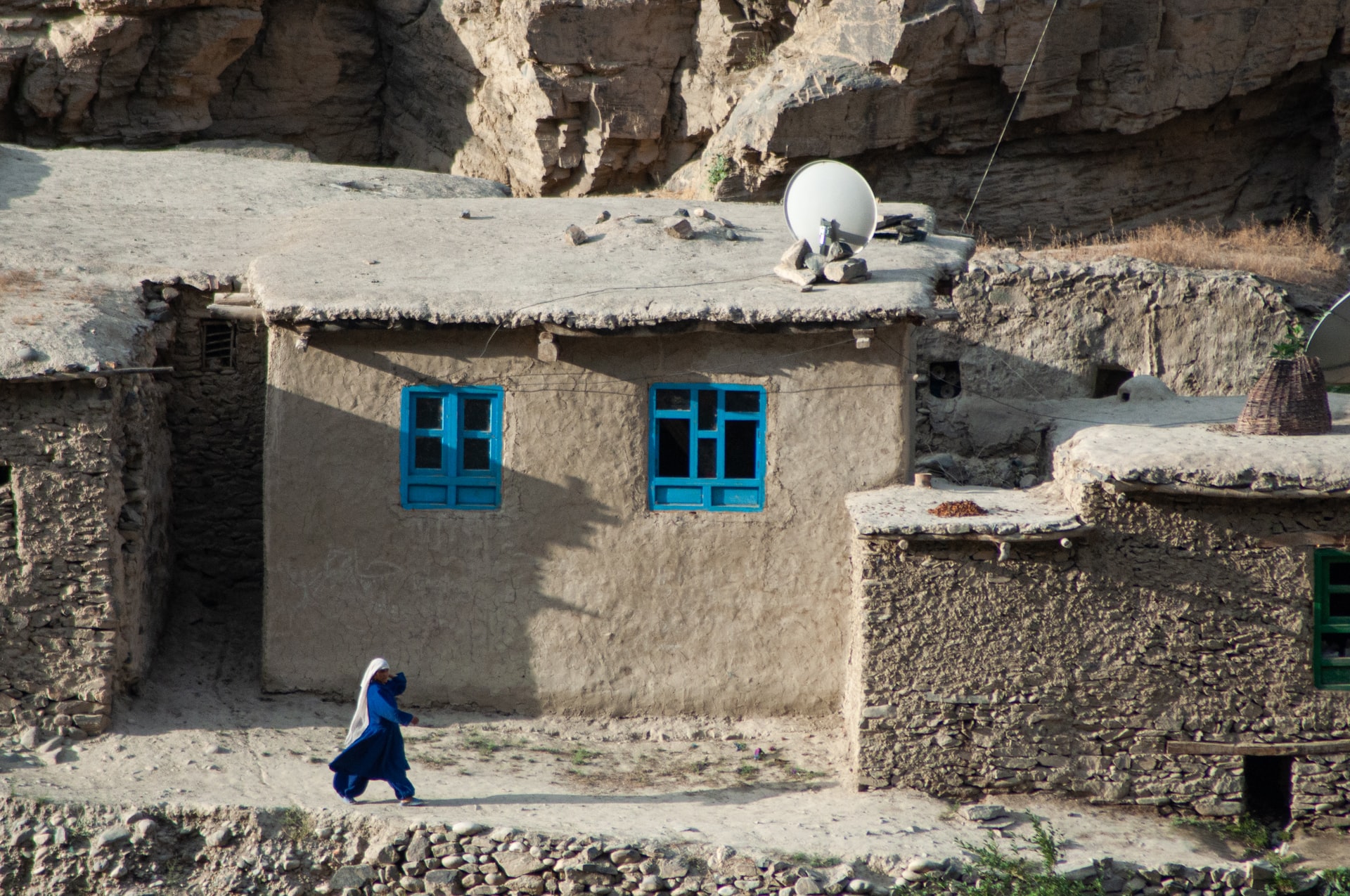News
Afghanistan a year after the Taliban occupation: An ongoing war on human rights

An absence of war is not the same as peace when Afghans are continuously stripped of their human rights. (File photo: Joel Heard/Unsplash)
The word “anniversary” usually brings about happy and memorable moments. But Aug. 15 marks one year since the Taliban takeover and occupation of Afghanistan, and it’s not a happy occasion for my homeland.
Recently, the United Nations Assistance Mission in Afghanistan (UNAMA) released a report entitled “Human Rights in Afghanistan,” delving into the situation in the country since the takeover.
The report is troubling but not shocking as it highlights civilian casualties, restrictions on women’s rights and freedom of speech, extrajudicial killings and ethnic minority persecutions. Yet a lot is under-reported due to the difficulties in gathering evidence against the Taliban, which has censored the media and mistreated journalists.
The UNAMA report states that the Taliban have taken steps “aimed at the protection and promotion of human rights” and that the security has improved. UNAMA has proposed several recommendations to the Taliban as the extremist regime tries to enhance its reputation globally, but the fundamental human rights of Afghans continue to be violated.
War against women
Afghanistan is under occupation. There have been many reports detailing the forced displacement and systemic genocide against the Hazara population, targeted violence and eyewitness reports of the mass killings of 600 Tajik hostages, crimes against humanity in Panjshir, strip-mining of mineral wealth and the war the Taliban are waging against women.
As the Taliban send their daughters to schools overseas, secondary schools for other girls have been banned for almost a year.
Women are forced to wear the hijab or burqa, park visits are segregated by sex and women were recently sacked from their jobs at the Finance Ministry in favour of male relatives.
Amnesty International’s recent report describes the situation of Afghan women as “death in slow motion.” With the scrapping also of the Ministry of Women’s Affairs, this is a gender-apartheid regime.
The Taliban have also instructed men to grow beards and not trim them, and to wear local clothing or face consequences.
Other tragedies are ongoing. Millions of Afghans have been displaced since the occupation. A powerful earthquake in June killed more than 1,000 people, leading to a cholera outbreak. The Doha Agreement, a peace pact signed between the U.S. and Taliban to mark the withdrawal of all forces in Afghanistan, has also been breached as terrorist groups reposition themselves under the Taliban.
Foreign interference
Between 1996 and 2001, only three countries recognized the Taliban regime: Pakistan, Saudi Arabia and the United Arab Emirates. While no country has formally recognized the current regime, the United States and co-instigators like Pakistan and the Arab Gulf states have destabilized Afghanistan.
Much of the destabilization and corruption found in Afghanistan dates back to American and Soviet involvement in infrastructure projects in the 1950s and 1960s that haunts the country to this day. The nation’s entire economy relied on foreign aid.
At a UN conference last year, Pakistan’s former prime minister not only defended Taliban occupiers, but claimed that the only way forward was to “strengthen this current government” and “stabilize it for the sake of the people in Afghanistan.”
This was based on the Taliban promise they would adhere to human rights, form an inclusive government, provide amnesty to former government employees and not allow the country to serve as a safe haven for terrorists. Almost a year later, none of this is true.
There have been anti-Pakistan protests in Afghanistan condemning the many frequent visits of Pakistani officials in Afghanistan and their support of the Taliban.
The discounted sale of coal to Pakistan was greeted with public outcry by Afghans, reaffirming views that the Taliban are a Pakistani proxy.
Qatar also has close ties to the Taliban and a security agreement is possible. China has engaged with the Taliban by expanding trade and investment plans.
Cruel treatment of refugees
The Afghan refugee crisis is unsettling. Iran has deported thousands of Afghan refugees and subjected them to abusive treatment by both the public and authorities, while Turkey has also forcefully deported more than 10,000 Afghan migrants.
Belgium has rejected asylum claims of hundreds of Afghan refugees, putting them at risk of being deported as authorities deem Afghanistan to be safe.
Germany has evicted Afghan refugees from their homes within a 24-hour period to make space for Ukrainian refugees.
Canada has capped the number of Afghan refugees at 40,000, yet there’s no cap for Ukrainian refugees, and the government has also waived some security measures for Ukrainians.
It’s estimated that more than 650,000 Afghans from neighbouring nations have been deported or returned to Afghanistan since August 2021. This puts many at severe risk under the Taliban regime.
Now with the passage of the 2023 National Defense Authorization Act, U.S. humanitarian aid delivered to Afghanistan via Defense Department resources has ended. The greatest humanitarian crisis in the world will continue to worsen as long the Taliban are in power.
An absence of war is not the same as peace when Afghans are continuously stripped of their human rights. The Taliban must not be whitewashed — they are patriarchal terrorists. Resistance forces continue to fight this illegitimate regime that is not in any way representative of Afghans — but the rest of the world needs to step up.![]()
Ferdouse Asefi, PhD candidate, Sociology, University of Toronto
This article is republished from The Conversation under a Creative Commons license. Read the original article.





















